Let’s Talk About Transferable Skills
How do you figure out which ones you have?
When you look at requisitions and read the list of requirements, you will see a list of experience and skills the hiring manager believes are required to do the role they’ve posted. Sometimes it’s easy for you to figure out if you are qualified for the role. You recognize the skills and know that you have what it takes to do the job.
But what if you’ve always worked in one company and when you read the requisition it sounds like a foreign language and you’re not sure what they’re looking for in a new team member?
Career expert Richard Nelson Bolles first coined the term ‘transferable skills’ in his best-selling book “What Color Is Your Parachute? A Practical Manual for Job-Hunters and Career-Changers”. He assert that we are all born with skills we can transfer from job to job. These transferable skills are broken down into three categories: people (communicating, teaching, coaching and supervising), data (record keeping, researching, translating and compiling data) and things (operating computers/equipment, assembling and repairing).
Here is a list of activities and things for you to do to figure out your transferable skills.
1) First – have confidence! If you have worked for at least 12 months – you have skills! You know how to get work done. I can’t tell you how many people I talk to who don’t think they have any skills that will translate into a new role. I know you’ve got skills. You may not know what to call it when you’re the one that is organizing the team and helping everyone stay on track – but I do – it’s called Project Management!
2) Review Your Documents and Make a List. Pull out your resume, annual review, letters of recommendation, and your recognitions and awards. Then look at your LinkedIn profile and any recommendations you’ve received. Also pull the list of ‘endorsements’ you’ve received. Once you’ve got all those documents together, start hunting for words that repeat. You’re looking for themes and repeated words. Create a list.
a. I found the word ‘data’ listed on a resume I was reviewing 8 times. I asked the employee – “Do you do data analytics? Are you interested in Big Data? Have you ever spoken with a data scientist?” She was confused for a minute and then realized she had a lot of skills when it came to collection, review and analysis of data. And she liked the work. We changed up her resume to show this skill and then I connected her with a few Data Scientists so she could learn more and figure out where there might be a role for her in a new organization.
b. Here’s a few links (Link #1 and Link #2) to lists of transferable skills to get you thinking along these lines.
3) Now that you have your list of transferable skills, review job requisitions. Read them for different companies to find more industry standard roles. You can read other people’s resumes by going to Indeed.com. Get familiar with the skills required for the jobs that interest you. Create a new list.
4) Network with Friends, Prior Managers, Mentors, and Experts to find out what they think of your two lists. Maybe you need to know what things are called in other groups. Maybe you need new words to describe your skills. Work to understand the correlations and the disparities in your two lists. If you are trying to make the leap from the military to the private sector, here are some resources that will help. Here’s a skill translator. And I recommend this interesting article about what Google is doing to help Veterans with the translation of military skills to private sector job descriptions.
5) Update Your Resume. Now that you have a good understanding of transferable skills – it’s time to pick the best of them and add them to a table at the top of your resume. I recommend listing a mixture of different types of skills – from SW tools, to leadership capabilities, to transferable skills. Make sure you practice using the new transferable skills and roll them into your elevator pitch and introduction as you network and introduce yourself.
6) Have fun trying out your newly worded skill set. Update your LinkedIn Profile. If you have Profiles on other sites, update them too. Putting your transferable skills out there regularly and consistently will help attract the jobs and opportunities you are looking for in your career development journey.
7) One last reminder – don’t advertise the things you don’t like to do. Just because you know how to do something, doesn’t mean you need to tell folks you know how to do it. You want to advertise and attract the work you love to do.
If you are interested in a job at Intel, follow this link for more information.
